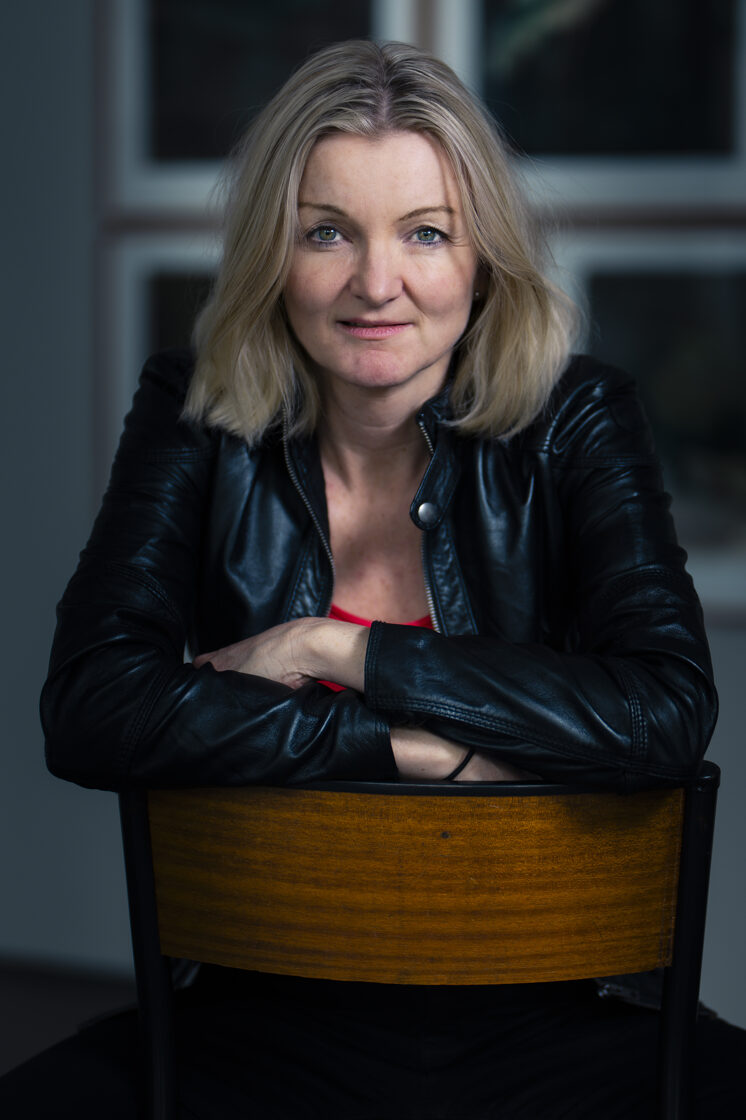Publications
Conflict management training manual
Contribution to a book on civil conflict management
Articles, studies, internal working papers
-
Caesar, Karoline (2024): Interview mit Prof. T. Debey Sayndee, Direktor des Kofi Annan Institute for Conflict Transformation (KAICT)
an der Universität von Liberia. In: Lonam. Das Afrika-Magazin, Nr. 5, 19. Jahrgang, (interview with Prof. T. Debey Sayndee, Director of Kofi Annan Institute for Conflict Transformation), pp. 26-27.
- Caesar, Karoline (2024): "Vertraue auf die Werkzeuge". Mediatorin Juliane Westphal im Interview.
In: Die Mediation. Fachmagazin für Konfliktlösung -
Entscheidungsfindung - Kommunikation. Quartal IV 2024 ("Trust in the tools." Mediator Juliane Westphal in interview), pp. 80-83. (Link leads to order page).
- Caesar, Karoline (2024): Was tun, wenn es in der Nachbarschaft kriselt? So hilft Mediation. Guest article in: Gemeinschaft stärken. nebenan magazin. Dein Wegweiser für mehr Nachbarschaft (What to do about neighbourhood disputes? This is how mediation helps.)
- Caesar, Karoline (2022):"Mediation ist eine Kraft, die die Welt
verändern kann." Interview mit Dieudonné Kibinakanwa, Träger des Mietek
Pemper Preises der Universität Augsburg für Versöhnung und
Völkerverständigung.
Spektrum der Mediation Nr.89
("Mediation is a force that can change the world." Interview with Dieudonné Kibinakanwa, winner of the University of Augsburg's Mietek Pemper Prize for Reconciliation and International Understanding.), pp.10-13.
- Caesar,
K. (2020): „Mein
Traum ist: Wir sind alle Menschen.“ Interview mit Carole Sambale –
Mediatorin zwischen den Welten, AfricaPositive, 22. Jahrgang, Nummer 79, ("My dream is: We are all just people." Interview with Carole Sambale - Mediator between worlds) S.32-33.
-
Caesar,
K. (2018): 'A Green Place, A Good Place - a classic in African GreatLakes Region's history – what's in it for today's peacebuilders?'
Transconflict.
-
Caesar,
K. (2017): 'Entscheidendes Wissen“ - Rezension von A. Autesserres Peaceland. ('Crucial knowledge' - book review of A. Autesserre's Peaceland) . In: E&Z E-Paper März 2017, pp. 38-39.
-
Caesar,
K., Augustinovic, M., Weinz, I. (2016): Regional strategy for
Sub-Saharan Africa. International Relations' department, Robert Bosch
Foundation.
-
Caesar,
K. (2015): 'Can community mediation inform conflict resolution approaches in Burundi?' Transconflict.
- Caesar, K. (2015): 'The Boon', in Kompass Nr. 4 - Burn On, Weltfriedensdienst.
-
Caesar,
K.& B. Iryivuze (2015): Étude sur la situation actuelle des
comités de paix en matière de réseautage. (Study about the peace committees' networks). WFD/MIPAREC, Bujumbura.
-
Caesar,
K., Nahimana, E. & Nibayubahe, E. (2014):
Perceptions
de la situation sécuritáire dans la zone d'intervention de
Mi-PAREC. (Perceptions
of the security situation in Mi-PAREC's target area). WFD/ MIPAREC,
Bujumbura.
-
Kemper,
B. Schoenegg, G., Rohhardt, C. & K. Caesar (2014): Stratégie
pays du Service Civil pour la Paix, Burundi. (Burundi country strategy, German Civil Peace Service).
-
Caesar,
K (2014): 'Marc Ndarigendane – a Burundian peacemaker'.
Transconflict.
-
Caesar,
K. (2011): Civil
Society and Good Governance in Malawi.
Lilongwe.
-
Caesar,
K. (2011): Volunteer
Survey. National Initiative for Civic Education.
-
Caesar,
K. (2008): Migration and national identity - analysing head scarf debates in Germany and Denmark.
My "why"
Ever since I had been to the USA as a 17 year old exchange student with
Youth for Understanding I
have always strived to know other cultures at a deeper level. In total,
I have spent eight years abroad and have been working internationally
for 14 years. My role models are my former
Malawian and
Burundian colleagues
whom I owe until today - they have modeled conflict transformation for
me over and over again in every day life, and they have inspired me
until today moderating and mediating in a profound way building trust. I would also like to give something back from the hospitality of my hosts and the openness and empathy of my international partners. I am convinced that we all benefit from open and trustworthy interaction with one another.
 Photograph: Stefan Wiede
Photograph: Stefan Wiede
